When strategies leave behind ghosts in the organization
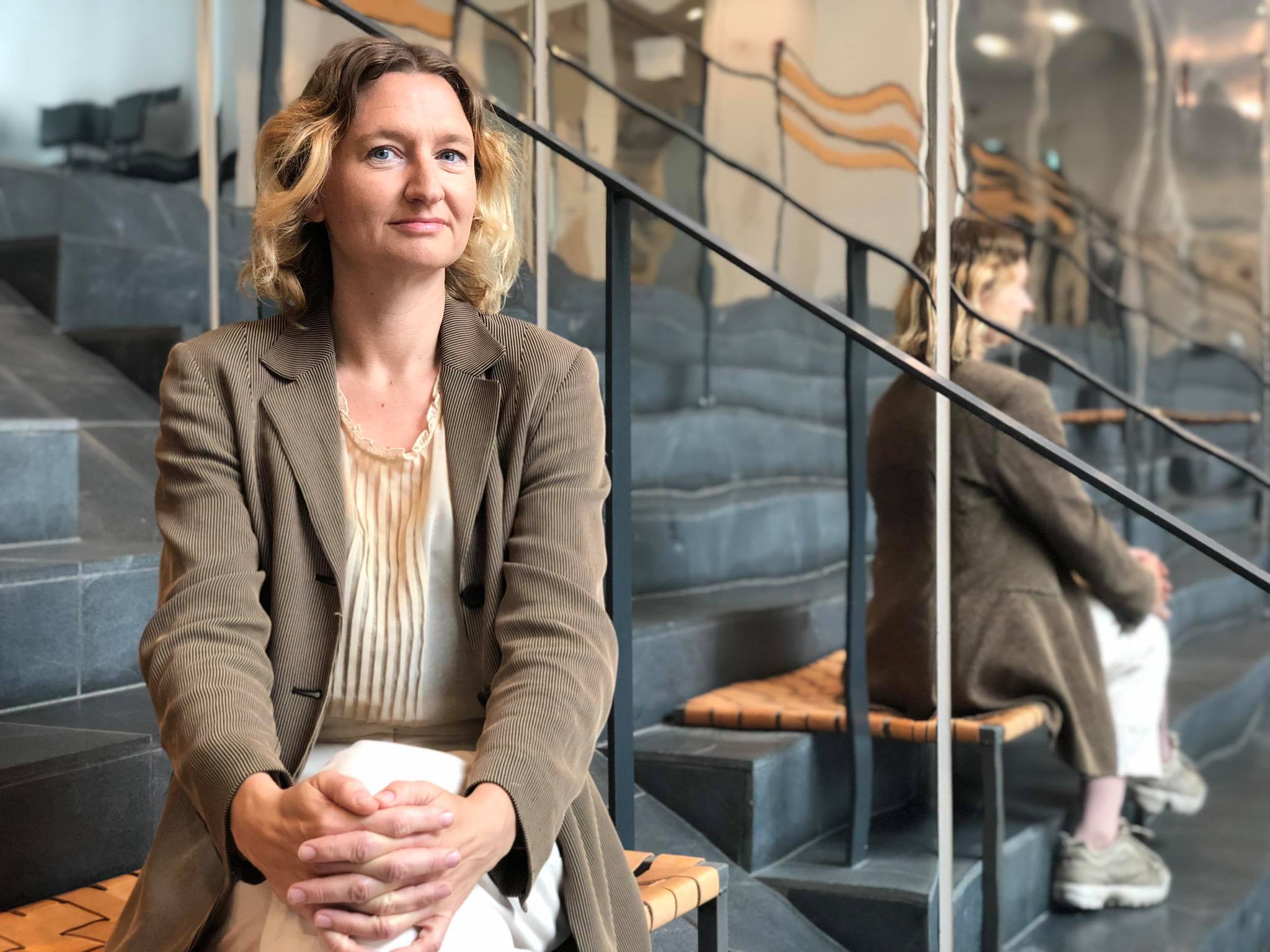
Justine Grønbæk Pors shares her knowledge about strategy and reform processes, and why they can create ghosts. (Photo: Anne M. Lykkegaard)
Reforms and strategies can – if not well implemented – create destructive ghosts that haunt organizations, explains Associate Professor Justine Grønbæk Pors. She draws parallels from her own research to the implementation of CBS’ new strategy and warns that strategies should not become ideologies.
When Justine Grønbæk Pors talks about ghosts, she does not mean the kind of translucent specters in long flowing gowns that haunt old houses. Rather, she uses the term refers to talk about defunct working processes, atmospheres, ways of collaborating, particular professional values, or simply ways of talking about things.
“I use the term ghosts to describe how ideas, knowledge or values can become homeless in organizations. For example, when you introduce a new strategy or reform, you gain a new vocabulary or language for talking about values and quality. At CBS, the word transformative is repeated in the new strategy, but every time we get a new strategic language, something is made to look old-fashioned or deemed unnecessary or unwanted,” explains the Associate Professor from the Department of Management, Politics and Philosophy.
CBS WIRE has reached out to Justine Grønbæk Pors, as she researches public administration and processes of change – including reforms and strategies in public organizations. And now that CBS is six months into implementing its new strategy, CBS WIRE has asked her to share her knowledge on what makes a strategy and its implementation successful.
“Basically, a good strategy is neither too unfamiliar nor too familiar to the organization. It’s connected to the fundamental practices in an organization, and that sounds fairly easy, but countless failed reforms and strategies have shown that it’s a hard task,” she says.
Another trait of a good strategy is that it is open to criticism and dialogue, points out Justine Grønbæk Pors.
“It’s always important to look at what space a strategy creates for criticism and dialogue. If criticism is called something else and closed down, it can become a barrier for change. Maybe the people who voice the criticism are blamed for being old fashioned or afraid of change. It’s really important to have an open space where you can express your opinion and criticism without being called difficult,” she says.
Homeless ghosts
Justine Grønbæk Pors has spent a lot of her research time on investigating the reform of the Danish primary school implemented in 2014. And her research shows that strategies and reforms often view time from a linear perspective. They work by creating narratives about the past and present as something we must move away from in order to reach a better future.
“The reform I have studied most is the School Reform from 2014. To legitimize change, it painted a rather unflattering picture of a past and present where teachers did not collaborate enough, and pupils did not learn enough. The school needed exciting teaching and the children had to learn much more. It painted a very pink picture of the future, but fast forward seven years, we did not get that beautiful and appealing future where children learn more and where teaching is much more exciting,” she points out.
So what happened? Ghosts happened.
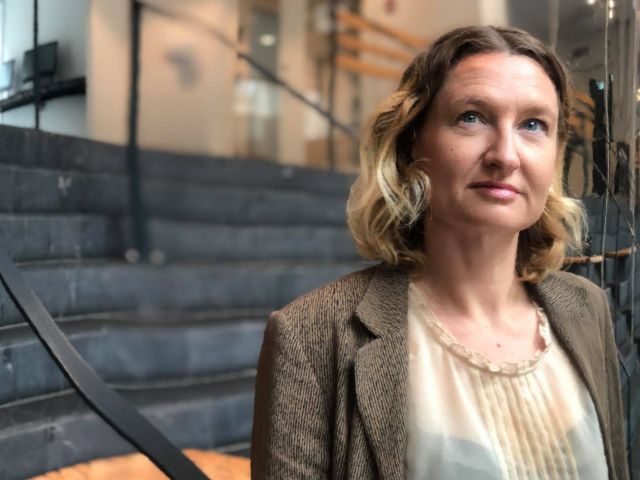

“The language that the School Reform introduced focused very much on the potentiality of breaks and leisure time. In the reform, recess and spare time were seen as potentials for learning, simply because when children were having a good time, they learned more. So the breaks in the pupils’ lives became a means of supporting what they were originally a break from. Now teachers could not talk about recess or leisure time as breaks, and my research shows that both teachers and pupils had the feeling that they had lost something important,” she says and continues:
“Denmark has a rich pedagogical tradition of focusing on the well-being of children and the importance of broader things than the core curriculum. However, with the new language this was lost. It was no longer legitimate to talk about recess as a break, as the language about the potential for learning was dominant. This is an example of how something that used to be important was made homeless in the organization and become ghosts; ghosts that created a weird atmosphere and a feeling of things not being as they should.”
Justine Grønbæk Pors stresses that she has not conducted research specifically involving the CBS strategy, but she is happy to draw some parallels.
“In the new CBS strategy, the language revolves around transformation and the capacity to be transformative. The question is what kind of teaching and research practices this language expels. Are certain scholarly values made homeless at CBS? And if yes, is it the right ones? A strategy always excludes something and makes something homeless, thereby creating ghosts,” she says.
The future’s future and walking busse
Justine Grønbæk Pors acknowledges the need and desire to transform. Whether in municipalities or universities like CBS. And reforms and strategies can chart the direction of transformations. However, in her work, she has seen how ideas about transformation easily becomes quite fluffy.
“Today, many public organizations work with very open futures – we can call this the future’s future. The implicit assumption is that we cannot believe in our own perceptions of the future, because before we get there, the future has changed. A key rationale is almost always that change is a value in and of itself. This can create some very appealing and glossy pictures of what one should be in the future. Danish local governments call their future organizations Municipality 3.0 or Rethink Municipality,” she says and continues:
“But there is a risk of disconnection between the open and ambitious visions and the actual results of the reforms and strategies.”
Justine Grønbæk Pors gives an example from a municipality she investigated as part of her research.
“This municipality had developed a ‘walking bus’, where parents took turns in picking up kids and accompanied them to school. It’s a fine idea, but if we constantly aim for this open future and make transformation an ideal in itself, you can be disappointed by what actually comes out of reforms and strategies – or along the street, for that matter,” she says.
Disconnection creates ghosts
Justine Grønbæk Pors explains that ghosts cannot be avoided in a strategy or reform process – they will happen to some extent. But whether they will be hauntingly destructive depends on two factors: involvement and dialogue.
“Strategies operate with certain assumptions about how to create more value. And it is important that these are seen as realistic by employees,” she says and gives an example from the School Reform where the rationale was that the quality of teaching could be increased despite the fact that preparation time was diminished, if only new forms of collaboration were developed.
A reform or strategy is only given life when it is realized in the local managers’ and employees’ self-governance
Justine Grønbæk Pors
“The theory was that if teachers collaborated more, they would need less preparation time. And that can be true to some extent, but it was suddenly illegitimate to say; the more I prepare, the better my teaching. Because by saying so, you’d indirectly be saying that you were not working smart enough,” she says and continues:
“As a manager, you can aim to use teachers’ preparation time smarter, but you need to consider what that ambition make it illegitimate to say, and whether you are interested in that. A new strategic language can make certain arguments illegitimate, and that’s how destructive ghosts are created.”
CBS’ strategy, and especially the final stages of the development, took place while staff members were sitting at home, isolated because of the lockdown. Therefore, the implementation process will be important to avoid too many ghosts, says Justine Grønbæk Pors.
“The risk of people feeling disconnected to the strategy is bigger because people have been sitting at home and haven’t been able to meet up. Yes, you can talk about many things on Teams, but certain dialogues are better in the physical space,” she says and continues:
“Time will tell whether there will be more ghosts, but I would be attentive to the problem if I were in charge of implementing it. Perhaps the pace of implementation should be considered, or giving people more time to discuss the implementation and how it can perform as a media for the development of local projects, research agendas or department cultures,” she says.
Overall, what makes or breaks implementing a strategy or reform is the employees’ capability to make it their own – with a level of self-control.
“A reform or strategy is only given life when it is realized in the local managers’ and employees’ self-governance,” she says.



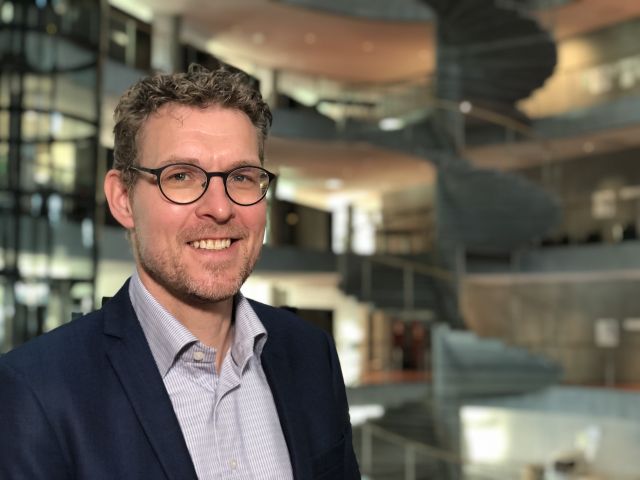

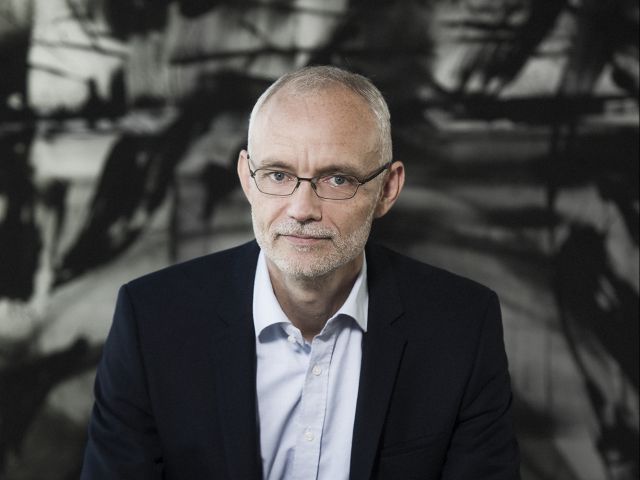

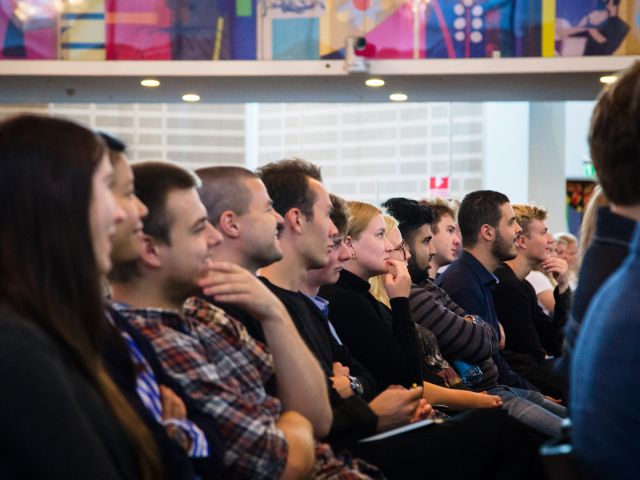

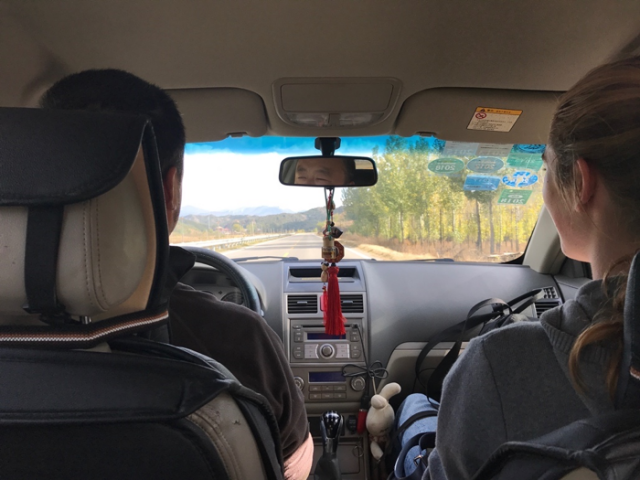





























































































































Comments